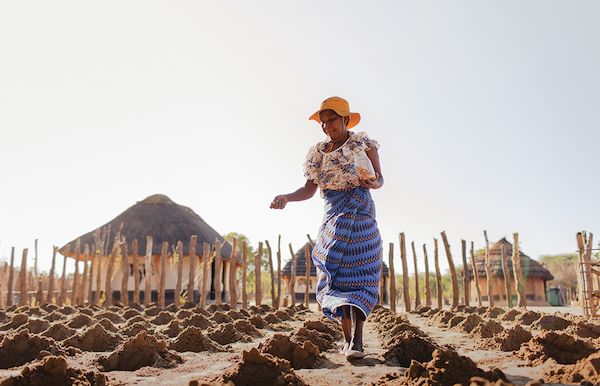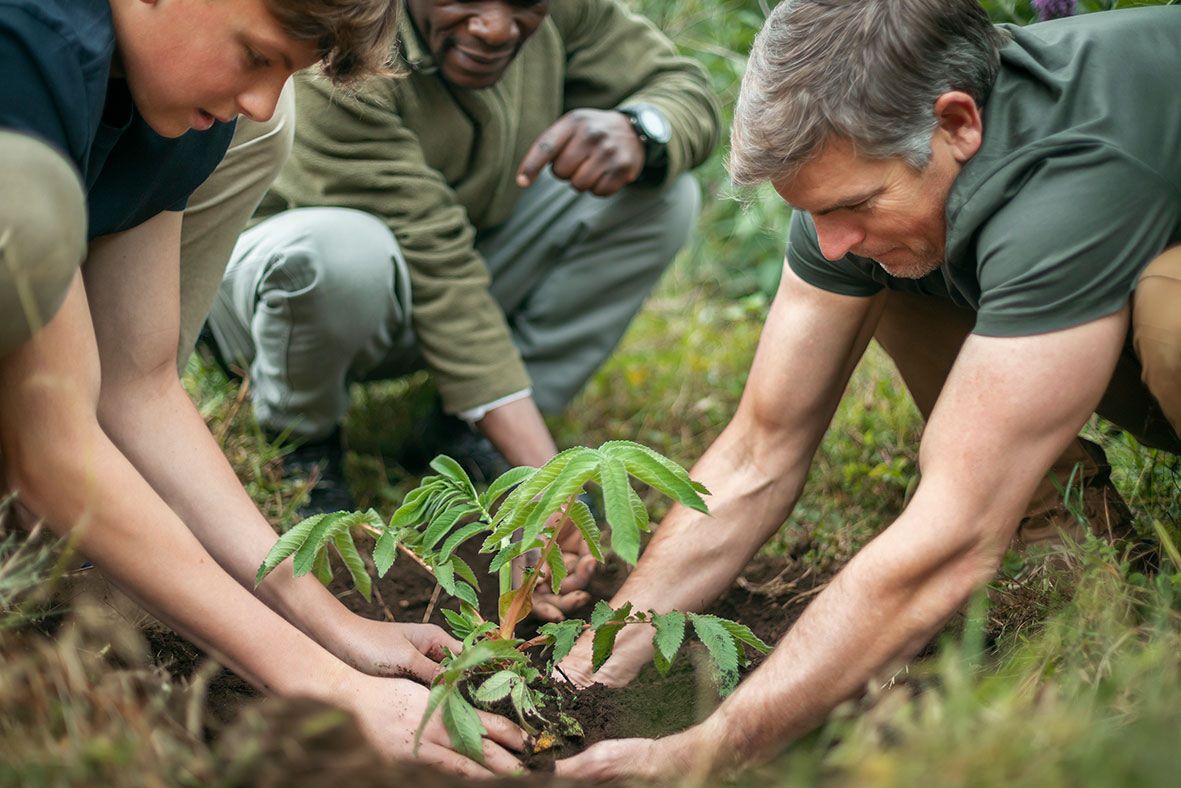Wilderness Trust
What we do
Supported projects
Supported projects
Impact initiatives
Our impact framework

Educate
Improved education increases economic opportunity, family resilience and support for conservation of wildlife.
Read more
Empower
The creation of conservation economies gives value to wilderness and wildlife. Employment and support for development of small businesses reduce reliance on natural resources.
Read more
Protect
Conservation hospitality unlocks resources to reduce human-wildlife conflict and protect habitats from human impact.
Read moreProtection of desert wildlife
Rhino conservation
Support to law enforcement, including anti-poaching
School scholarships

Be part of our impact
Ways to Contribute
Donors have the choice to contribute to general funds, a particular Impact category (Educate; Empower; Protect), or even a specific project. Since our US-based fundraising partner, Empowers Africa, charges only nominal administration costs, and the Wilderness Trust does not charge any fees at all, donors are assured their monies are being spent completely on their chosen component.
Contribute